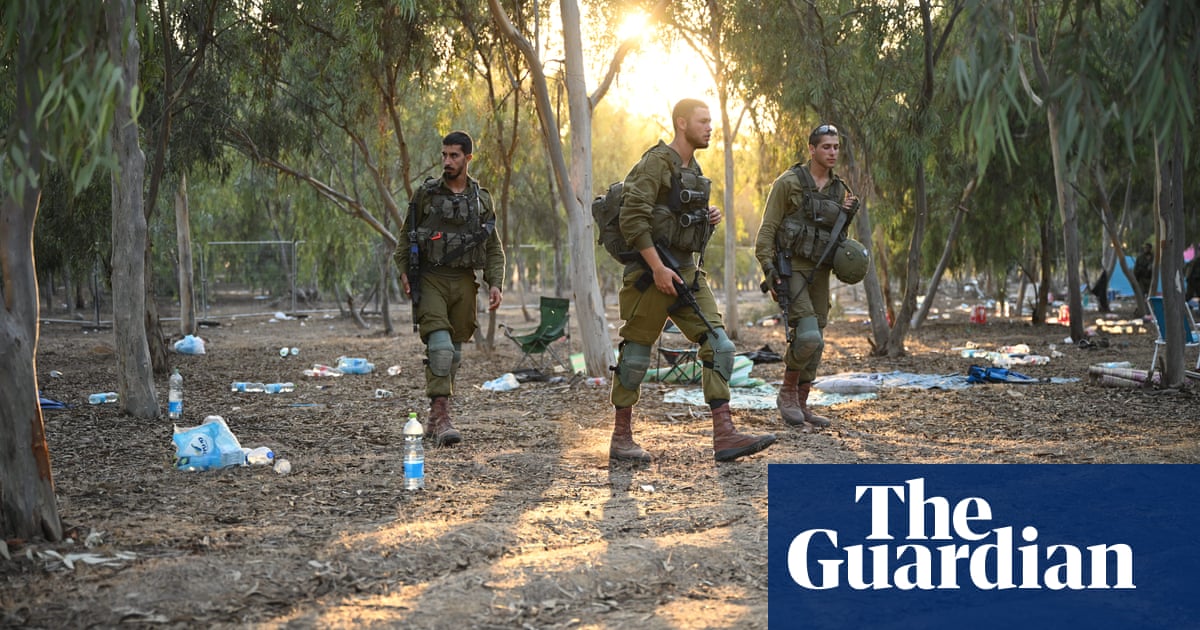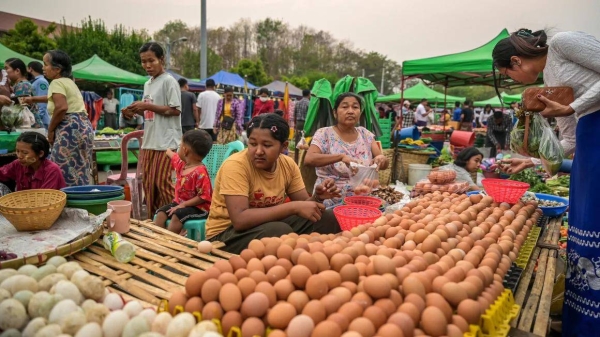
The full scale of the rape, torture and killing of women and girls during Lebanon’s civil war has been revealed after survivors were interviewed about their experiences for the first time in over 30 years.
Testimonies gathered by the human rights organisation Legal Action Worldwide (LAW), documented in a new report, provide evidence of systematic violence against Lebanese and Palestinian women and girls by government forces and militias during the 15-year war, which began in 1975. The conflict saw more than 100,000 people killed and 1 million displaced.
The report details horrific experiences of violence, including gang-rape, electrocution and forced nudity used to persecute women and girls – some as young as nine – from opposing communities.
Many have never spoken about their experiences before because, the women say, “they were never asked”, it added.
The passing of a law by the Lebanese parliament in 2018 – ratified two years later – to set up a national commission to investigate the whereabouts of those who disappeared in the war, enabled LAW to begin its investigation. It interviewed women from eight regions and conducted focus groups and surveys to record eyewitness accounts.
Amira Radwan, now 54, witnessed the rape of girls in Kfar Matta, where she lived in 1982. The village was the scene of a notorious massacre of Druze civilians by the Lebanese Forces, a Christian Phalangist militia.
“They used to tie up the father and brother and make them watch the girls being raped,” Radwan said, adding she also knew of women being raped using glass bottles.
As rape was considered to bring shame on the family, women and girls were often ostracised if they spoke of their experiences.
“We suffered a lot from not being able to talk about these crimes that happened,” Radwan said.
An amnesty law passed in Lebanon in 1991 granted immunity for crimes committed against civilians during the war, which has allowed a culture of impunity and lack of accountability to develop, the report noted.
“These women and girls (and family members who witnessed these crimes) are double victims – first the sexual violence inflicted upon them and then the total and utter failure to hold individuals and state agents accountable for these grave violations or even acknowledge what has happened,” states the report.
“We were quite shocked by our findings; we thought we would find sexual violence had taken place on an opportunistic level, but not systematically,” LAW’s executive director, Antonia Mulvey, told the Guardian.
The report calls for crimes against women to be further documented “to counter the male-dominated narrative of the civil wars and amplifying survivor and victims’ voices”, but also recommends that sexual violence against men should be recorded too.
The urgency of the research became more evident, Mulvey said, as the economic situation deteriorated in Lebanon and violent rhetoric increased, raising concerns among women who survived the civil war that the abuse and targeting would happen again if the state collapsed.
The primary aim of the report is to acknowledge the shocking level of sexual violence that took place.
“It is of course painful to bring back these memories but I’m very happy to be talking about this [now] because I think it is important to speak up … in order to spread awareness for new generations,” Radwan said.
The report urges an expansion in provision of legal and psychological services to support victims and survivors of gendered crimes.












